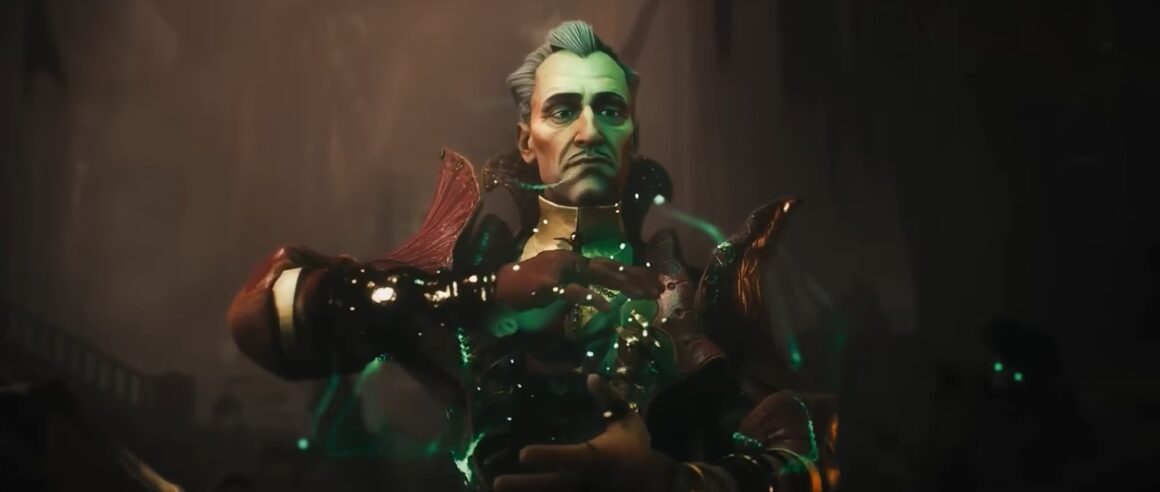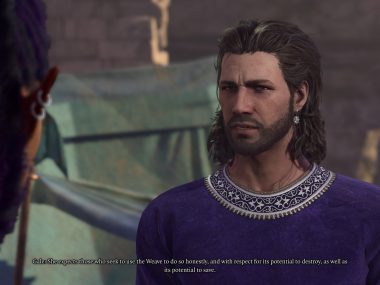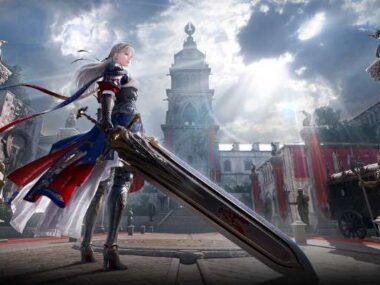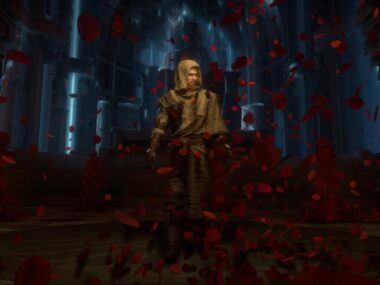The developers at BioWare deserved better. After reading about what they endured trying to ship Dragon Age: Veilguard, one thing is painfully clear: the problem wasn’t the talent. It was leadership.
So how did we end up here again? Another high-profile BioWare release overshadowed by turmoil, layoffs, and missed expectations? And more importantly: Why are the wrong people paying the price?
A Broken Vision from the Top Down
Let’s start with the question that no one seems to want to answer: Who made the call to turn a traditionally single-player RPG into a live-service game?
The answer, according to multiple reports and direct statements from BioWare veterans like Mark Darrah, is EA. The pivot came in 2017, when corporate executives had the bright idea to push for live-service titles. Not because of any internal desire at BioWare to change the DNA of Dragon Age. This wasn’t just a poor creative decision. It was a top-down business directive, forced onto a studio known for narrative-driven, player-choice RPGs.
That decision derailed the project, gutting the game’s identity. Shifting between multiplayer ambitions and single-player expectations. Every pivot stretched resources, and confused direction. Let’s be clear: it also undermined the work of developers.
The end result? A broken production pipeline, a fractured story, and a game that struggled to maintain player interest after launch.
The Human Cost of Corporate Confusion
What happened next was just as predictable. The game launched to mixed reviews and confused players. It sold less than half of EA’s expectations. BioWare took the fall.
Developers were laid off. Studio veterans left. Internally, the team that helped finish Veilguard, mostly from the Mass Effect side, was given more authority and resources. Of course, this created more friction.
Yet, EA’s top leadership remains untouched. CEO Andrew Wilson is still at the helm. Laura Miele, now president of EA Entertainment, oversees BioWare and its fate. The people who mandated the original pivot to live service? Still calling the shots.
There is no accountability here. Not where it matters most.
Decades of Decline, Zero Accountability
This isn’t just about Veilguard. This is about a pattern. Mass Effect: Andromeda. Anthem. Now Veilguard. Each time, EA’s mismanagement played a central role. And each time, it’s the developers who are scapegoated, overworked into burnout, or laid off.
Even when EA backpedaled, allowing Veilguard to return to a single-player format after the success of Jedi: Fallen Order, it came too late. You can’t stitch a deep RPG story together overnight. Dialogue systems, branching plots, and world-building has to be carefully planned from the start. The whiplash of these changes made it nearly impossible to deliver the experience fans expect from a Dragon Age title.
EA keeps repeating the same mistake: interfering with creative vision, then punishing the teams when it doesn’t work.
What About Mass Effect?
If you’re a fan of Mass Effect, this should terrify you. Yes, some management changes were made. But the core culture hasn’t changed. Executives still gamble with beloved franchises and insulate themselves from the consequences.
We should all be worried that Mass Effect is next on the chopping block. And we should be demanding answers now, not later.
The Dragon Age Legacy Deserved Better
BioWare’s legacy didn’t fall apart because their developers forgot how to make games. It crumbled because the people in charge don’t understand the products they’re managing. Nor the audience they’re selling to.
Players don’t want a monetized, multiplayer-first version of Dragon Age. They want immersion, character development, and choices that matter. That’s the promise BioWare built its name on. Upper management at EA broke that promise.
The Real Reckoning Needs to Happen at the Top
Player trust is hanging by a thread. Veilguard wasn’t just another missed opportunity. It might be the last chance the Dragon Age series had to recover. The same fate could meet Mass Effect.
So here’s the real question: Why do executives keep walking away from these failures untouched, while the developers are left picking up the pieces?
It’s time we stop blaming the wrong people. Accountability needs to start at the top.






